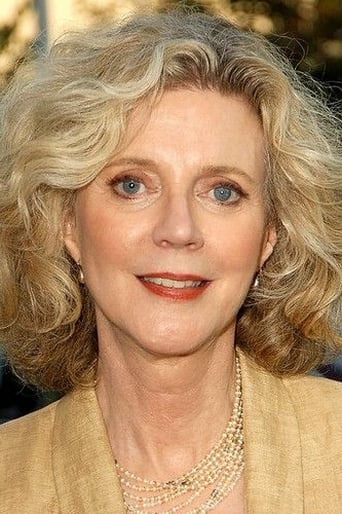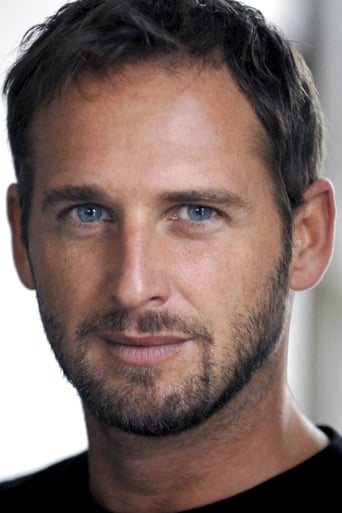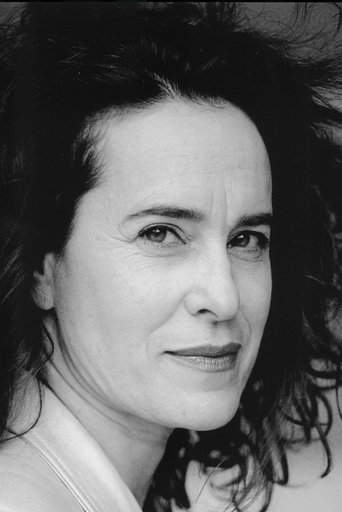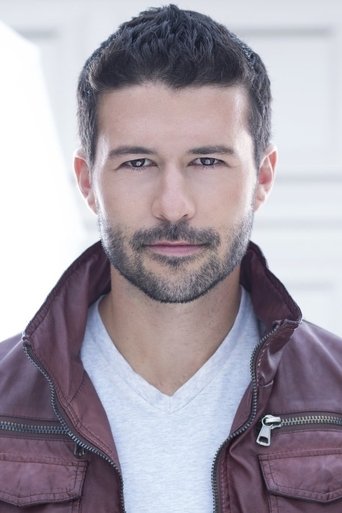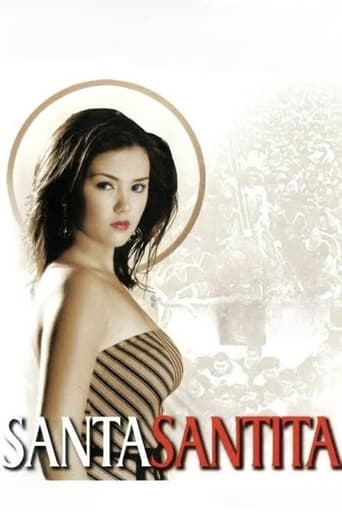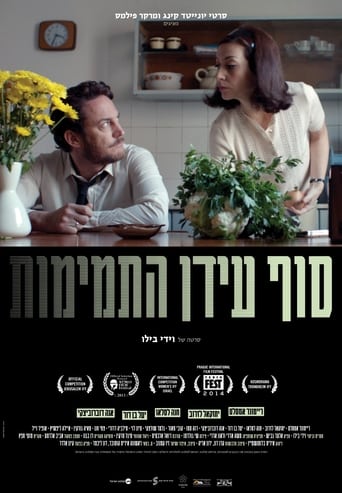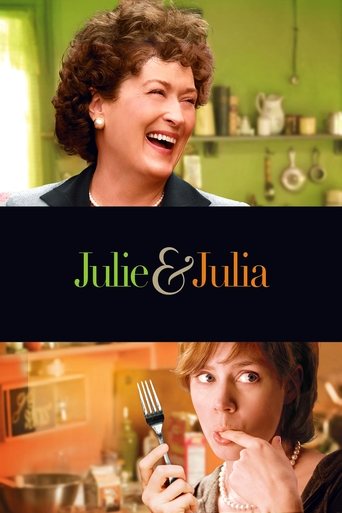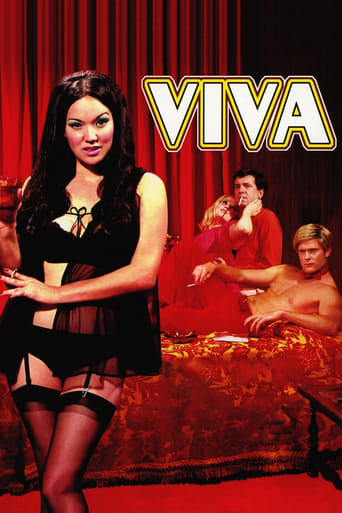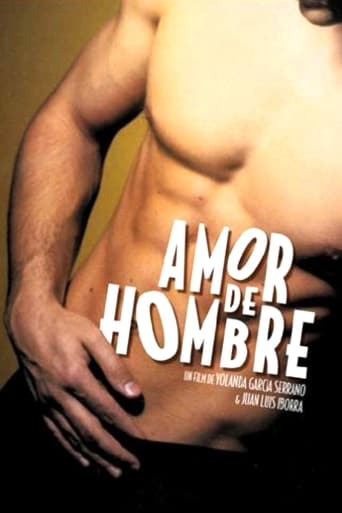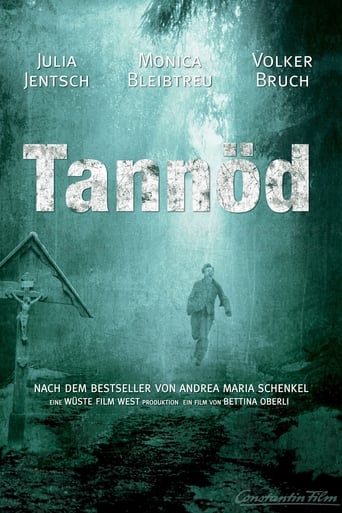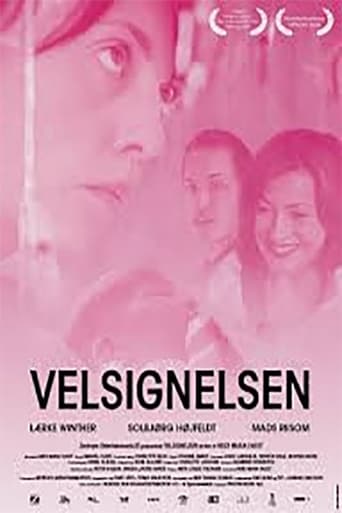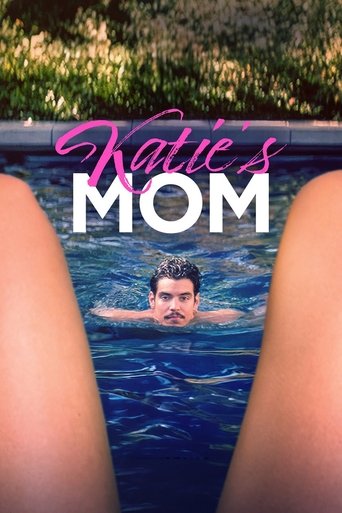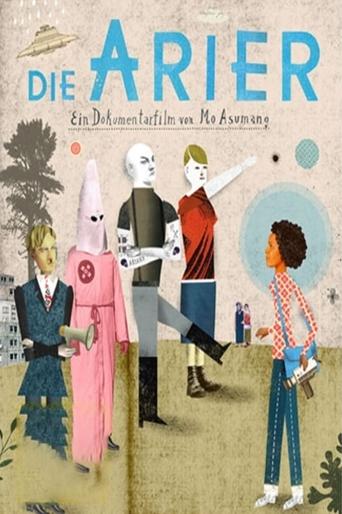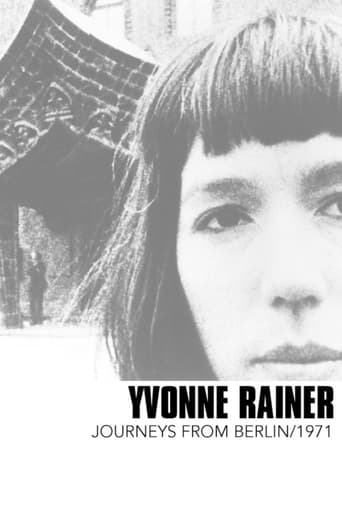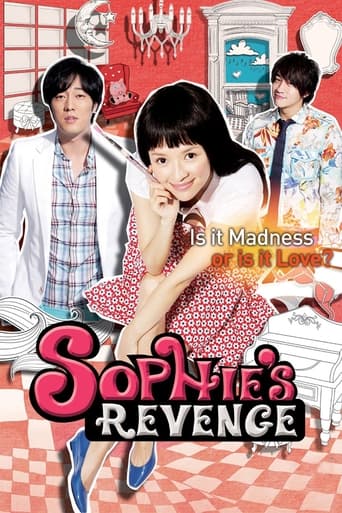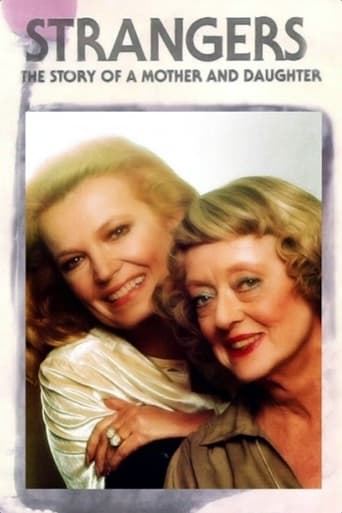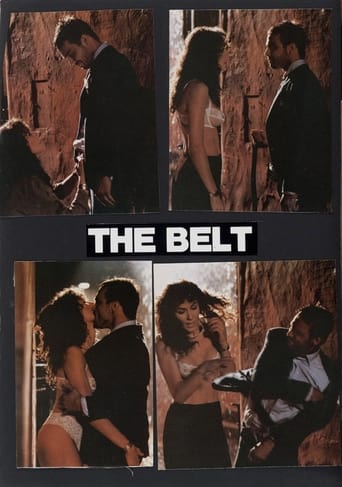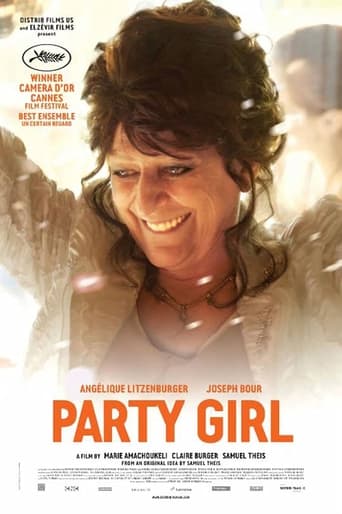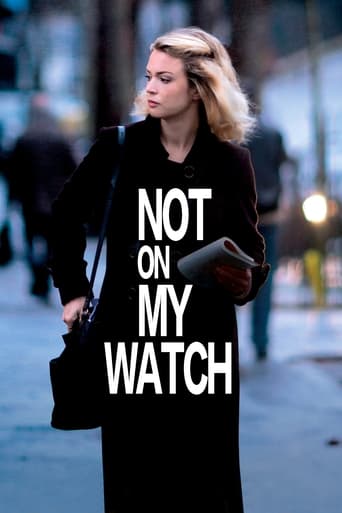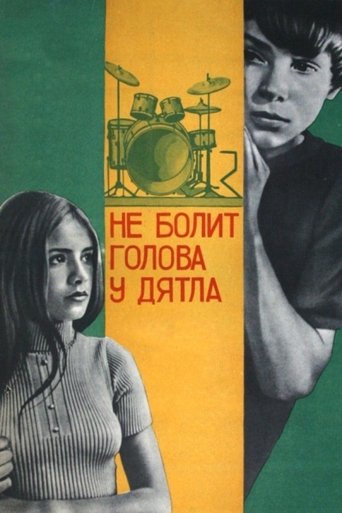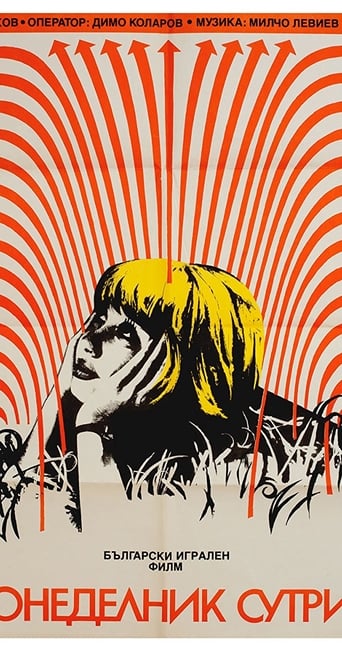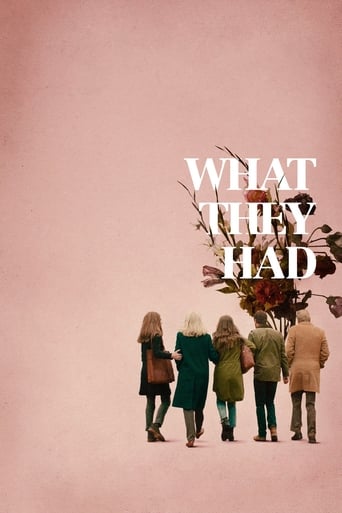
What They Had (2018)
A woman must fly back to her hometown when her Alzheimer's-stricken mother wanders into a blizzard. The return home forces her to confront her past.
- Elizabeth Chomko
- Elizabeth Chomko
Rating: 6.6/10 by 114 users
Alternative Title:
What They Had - Abschied für immer - DE
Country:
United States of America
Language:
English
Runtime: 01 hour 41 minutes
Budget: $0
Revenue: $0
Plot Keyword: alzheimer's disease, snow, blizzard, woman director, mother daughter relationship
**_Overstays its welcome, but the acting is terrific, and the screenplay sporadically excellent_** >_Seventeen years ago, I was given the news of my grandmother's Alzheimer’s diagnosis. I was devastated for her. She was 68, young for such a thing and younger in spirit, sharp as a tack, a red-headed, heart-centered woman who demonstrated her Irish heritage in a work ethic and generosity of love that brought her to the highest levels of administration in, ironically, geriatric nursing._ > _I was perhaps more devastated for her husband, my grandfather. He adored her and had all his life. The__y were small town Illinois farm kids who grew up together and married young, and forty years and four kids later were still in the throes of the sweetest kind of love affair. They'd bicker and flirt over breakfast; she’d climb into his lap and kiss him all over; they were better together and never apart, and her diagnosis seemed like the cruelest end to such a love story._ > [...] > > _I wrote_ What They Had _as a means of working through this generational grief. I wrote it for myself, and for my mother, and for her brothers, to preserve for us a memory that I now understood we’d all eventually lose. I wrote it for all the reasons I had always written—to figure out things I did not understand, to find some workaround for loss, to find some order in things that felt un-orderly and unfair._ > > _Making the film felt like cheating death. It was granting my grandparents new life, getting to know them better and deeper, as an adult rather than as a child. It was returning to Chicago, the place I left when I was fourteen but still feels like home. And it was reckoning with myself, the woman I’d become, holding up a mirror to determine how much that woman was serving me, serving other real women I knew, wondering what our culpability was for that, what kind of courage it might take to confront those things and step out on the other side._ - Elizabeth Chomko; "Filmmaker Letter" The debut film of writer/director Elizabeth Chomko, partly based on her own experiences with her grandmother, _What They Had_ depicts a family trying to deal with the horrors of Alzheimer's. Very much in the tradition of films such as Richard Eyre's _Iris_ (2001), Sarah Polley's _Away From Her_ (2006), and Richard Glatzner and Wash Westmoreland's _Still Alice_ (2014), _What They Had_ attempts to avoid becoming too lachrymose by finding humour in the condition and focusing on how the family are ultimately brought together rather than torn apart. It's not perfect, of course, running a good ten minutes too long and straying into melodrama more than once, but for all that, it's still a fine film, with some fantastic writing, and a superb cast doing exceptionally truthful work. Set in Chicago, the film begins with Ruth (Blythe Danner) waking up in the middle of the night, putting on her shoes, and walking out into a blizzard. When her husband, Burt (a career-best performance from Robert Foster), awakens to find her gone, he calls their son, Nick (Michael Shannon), who in turns calls his sister, Bridget (Hilary Swank). Living in California, Bridget is in a loveless marriage to the nice but dull Eddie (a blink-and-you-miss-him cameo by Josh Lucas) and seems to be perpetually sparring with her daughter Emma (Taissa Farmiga), who may or may not have dropped out of college without consulting her parents. With Emma in tow, Bridget flies to Chicago just in time to hear that Ruth has been found - riding the train to her childhood home, worried that her parents will be concerned as to why she is out so late. As the family take Ruth home, the film's central conflict becomes apparent; Nick wants to put her in a "memory centre" (basically a nursing home that specialises in Alzheimer's patients), but Burt won't hear of it, becoming angry at the mere mention ("_She's my girl. You're not taking my girl away from me_"), and insisting that no one could look after her as well as him. An old-school man's man, devout Catholic, and Korean War veteran, Burt is living in deep denial, insisting that Ruth is not as bad as everyone else is claiming, despite her being in the sixth of the seven Alzheimer's stages; "severe decline". Nick called Bridget hoping she would back him up regarding the nursing home, as she has power of attorney. But, although she does agree with Nick that Ruth needs to be in a home, she is reluctant to go against Burt's wishes. A product of the Sundance Institute's Screenwriters Lab, in 2015 Chomko's script for _What They Had_ won the prestigious Academy Nicholl Fellowships in Screenwriting. Chomko uses Ruth's illness as a prism through which to examine a number of peripheral themes, not the least of which is how her condition opens up long-gestating fault lines between the various family members, as they come to fight about everything and anything. As Swank explains, > _it's a movie that deals with family, family dynamics, and what you do when in a crisis like that, and how you come together, and how it shines a light on the weaknesses within the family and the strengths within the family._ Ruth isn't the central character, and her disease is not the focal point; this is a film about a family in crisis, a crisis precipitated by Ruth's illness, but fuelled by their own personal problems. Nick has sunk every penny he owns into a bar that isn't doing too well, and which Burt has never bothered to visit, whilst his long-time girlfriend has left him, fed up waiting for him to propose; Bridget finds herself increasingly dissatisfied with her career as a chef and her marriage to a man who was essentially chosen for her by Burt; Emma has been thrown out of her college dorm for drinking, and seems to have little to no interest in remaining in college; Burt disapproves of Nick's unmarried status, and belittles his son by referring to him as a bartender rather than a bar owner, whilst he believes Bridget's unhappiness stems from her lapsed Catholicism and the influences of the California environment. One of the strengths of Chomko's script is how she deals with the manifestation of these various problems, deftly handling the presentation of emotions, with the audience empathising first with one character and then another, with no one depicted as completely right or completely wrong. Another strong aspect of Chomko's script is how she is able to generate laughs from Ruth's condition. At one point, Ruth announces she's pregnant, and Burt tells Nick that in anticipation of the arrival, they've got out all his old baby things. In another scene, a solemn Nick tells Bridget that Ruth hit on him, but Bridget is unable to keep a straight face, and the two end up laughing hysterically. At church, when Emma informs Nick that Ruth has just drunk the holy water, he quips, "_at least she's hydrated_." When a telephone rings in the apartment, Ruth enters the room holding a stapler to her ear, complaining that she can't hear anything. None of these scenes felt disrespectful or exploitative, and in the case of Ruth hitting on Nick, Chomko actually returns to it later in the film in a key scene when Nick tells Burt about it, and for the first time, we see a chink in Burt's armour - for the first time he doesn't have an instant response, with Foster brilliantly portraying just how difficult Burt is finding it to process what he has just heard. Aesthetically, a great deal of the film takes place in Burt and Ruth's apartment, perhaps a by-product of Chomko's theatrical background. Cinematographer Roberto Schaefer (_Monster's Ball_; _The Paperboy_; _Miles Ahead_) shoots the interiors with a very warm colour palette that cools down considerably whenever the film moves to another location, setting up the apartment as the emotional heart of the story. There are also a couple of visual flourishes here and there. A really beautiful shot occurs right at the start; as Ruth walks away from the apartment into the snow, she slowly fades out, literally disappearing into the night. An especially noticeable visual motif is the use of photographs and old home movie footage, both of which feature predominantly throughout the film. Initially, I thought this was a fairly clichéd technique (how many heartfelt family dramas feature an opening with home movie footage depicting a happier time), but in the case of _What They Had_, it actually pays off beautifully in the final sequence. Chomko also features a number of scenes in which characters get bad news whilst in bed - subverting the notion of one's bed being a place of rest and security. In terms of the acting, given the cast, it should come as no surprise how universally impressive it is. As Ruth, Blythe Danner gives a pathos-rich lyrical performance in which she must react to everything without registering anything. The film's depiction of Ruth may be romanticised, but as a performance, Danner's work is flawless, as she switches from knowing she's a grown woman with grandchildren to believing she is a young girl still living with her parents. Foster plays Burt as a bully, albeit not a self-aware one; he has no idea how much ideological authority he wields over his children, or how afraid of him they are, or that Bridget feels he pushed her into a marriage she didn't want. One of the subtexts of the film is the long-term impact that having such an overbearing parent can have on a child, but the strength of the performance is that Burt is not a wantonly bad man; he thinks he has done right by his children, and he remains always charming. Despite his bravado and machoism, however, his most salient characteristic is his unwavering love for Ruth, who he still refers to as "_my girl_". A scene of them exchanging Christmas presents is as poignant a scene as you're likely to see all year, with his love and her quiet dignity intertwining to create probably the best scene in the film. Bridget is, by definition, a passive character for most of the film, but Swank gets a lot of mileage out of playing her inner struggles; she very much wants to assert herself, whether it be in her dealings with Nick, Burt, Emma, or Eddie, but something constantly holds her back. Shannon, whom we're used to seeing as a snarling monster, reminds us here of why he is considered such an acting powerhouse and how impressive he can be playing a more 'normal' character. Doing arguably his best work since Sam Mendes's _Revolutionary Road_ (2008), he plays Nick as utterly exhausted with the burden of helping to look after Ruth without so much as a thank you from Burt. However, the irony at the heart of the performance is that Nick is turning into exactly the same kind of bully as Burt, something he doesn't seem to realise. And whilst Burt's soft centre is apparent in how he relates to Ruth, Nick's becomes clear insofar as what he wants more than anything is his father's approval. However, a number of factors hold the film back. Firstly, like most films about Alzheimer's, it depicts the condition as not quite as bad as it really is (Ruth never becomes violent, for example, as so many sufferers do), with the choices faced by the family far more binary and clear-cut than is so often the case. Chomko also makes a few directorial misjudgements. For example, the final scene features a truly bizarre bit of on-the-nose symbolism that at the screening I attended elicited laughter in what should have been the emotional apex of the story. Speaking of the end, there are about five scenes which could legitimately have served as the _dénouement_ (all of which seemed to be wrapping things up), with the film running a good ten minutes too long, and missing a chance for a really powerful final impression, ending on a beautifully poignant comment by Ruth. Another problem is the subplot involving Emma's attitude towards college, which Chomko never manages to make feel like anything other than an insubstantial and unimportant tangent. There's also something of a discrepancy in the film's presentation of the family as emotionally repressed old-school Catholics, and the fact that they literally spend the entire film talking to each other about their feelings. These few issues aside though, this is an impressive debut. It's not the best Alzheimer's movie ever made (thus far, that is _Away From Her_), but it's a fine addition to the subgenre. Chomko elicits excellent performances from the central quartet and displays some nice visual touches as director. I didn't find it as emotional as I expected (or as emotional as it seems to think it is), but it's definitely a heartfelt film, and you could do much worse than to seek it out.




